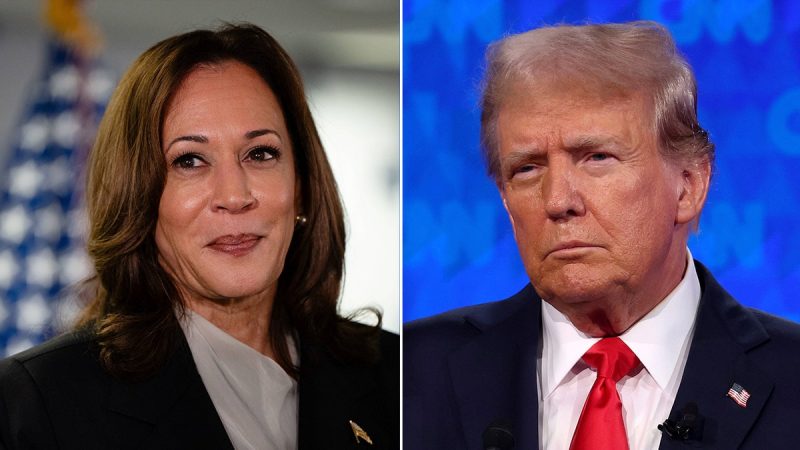The rising costs of healthcare in the United States have posed a formidable challenge to the nation’s leaders for decades. As the 2020 presidential election looms closer, the issue of healthcare remains at the forefront of debates and discussions. The next president will face the daunting task of addressing the greatest healthcare challenge facing the country – ensuring affordable and accessible healthcare for all Americans.
One of the primary obstacles to achieving this goal is the increasing cost of healthcare services. The United States spends more on healthcare per capita than any other developed nation, yet millions of Americans still struggle to afford basic medical care. High healthcare costs not only burden individuals and families but also contribute to the growing economic disparities in society. The next president must implement policies that prioritize cost containment and promote transparency in pricing to make healthcare more affordable for all.
Another critical aspect of the healthcare challenge facing the next president is the issue of healthcare access. Millions of Americans, particularly those in rural and underserved communities, lack access to quality healthcare services due to various barriers such as geographic distance, transportation issues, and provider shortages. Addressing health disparities and improving access to care for marginalized populations must be a priority for the next administration.
Moreover, the ongoing debate over the future of the Affordable Care Act (ACA) adds another layer of complexity to the healthcare challenge. The ACA, also known as Obamacare, has expanded access to healthcare for millions of Americans but has also faced continuous threats of repeal and legal challenges. The next president must navigate this contentious issue carefully, balancing the need for healthcare reform with the imperative of protecting existing coverage for those who rely on the ACA for their health insurance.
Furthermore, the COVID-19 pandemic has underscored the vulnerabilities in the nation’s healthcare system and highlighted the importance of preparedness and response capabilities. The next president must prioritize public health infrastructure, invest in medical research, and strengthen healthcare systems to better respond to future health crises and emergencies.
In conclusion, the greatest healthcare challenge facing our next president revolves around ensuring affordable, accessible, and equitable healthcare for all Americans. By addressing the rising costs of healthcare, improving access to care, navigating the future of the ACA, and enhancing public health infrastructure, the next administration can work towards a healthcare system that prioritizes the well-being of all individuals and promotes a healthier, more resilient nation.




























